State of the Climate in Asia 2024
<p>The World Meteorological Organization’s State of the Climate in Asia 2024 report warns that the region is warming nearly twice as fast as the global average, driving more extreme weather and posing
<p>The World Meteorological Organization’s State of the Climate in Asia 2024 report warns that the region is warming nearly twice as fast as the global average, driving more extreme weather and posing
<p>The five glaciers in Bavaria which today cover a total area of less than one square kilometer were frequently monitored by geodetic methods from the mid of the 20th century. In this paper, the record
A new IMAS-led study has revealed a previously undocumented process where melting glacial ice sheets change the ocean in a way that further accelerates the rate of ice melt and sea level rise. Led by
With global warming, we can make predictions and then take measurements to test those predictions. One prediction (a pretty obvious one) is that a warmer world will have less snow and ice. In particular,
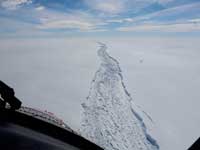
The populations of the Adelie and Chinstrap penguin species are declining as there shortage of food and their snowy habitat is shrinking The global warming is not only causing melting of glaciers in
<p>Strong heat loss and brine release during sea ice formation in coastal polynyas act to cool and salinify waters on the Antarctic continental shelf. Polynya activity thus both limits the ocean heat flux
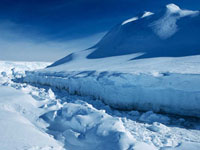
Although we all show concern or pay lip service on increasing phenomena of climate change, there is lack of discussions or community mobilisation as to how to conserve environment and curb the phenomena
Grounding lines are a key indicator of ice-sheet instability, because changes in their position reflect imbalance with the surround-ing ocean and affect the flow of inland ice. Although the grounding lines
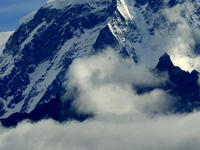
Receding Himalayan glaciers due to climate change is an area of concern for Himachal Pradesh, said the Chief Minister Jai Ram Thakur. Addressing an orientation workshop on climate change adaptation
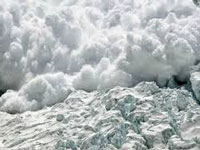
While the glaciers in Kashmir are melting down, the state government doesn’t even know how many of them do actually exist in the state. The melting down of glaciers has become a serious issue in the state
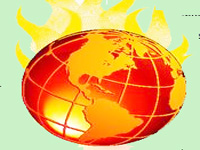
WASHINGTON/OSLO: US President Donald Trump has bashed international efforts to combat climate change and questioned the scientific consensus that global warming is dangerous and driven by human consumption